Let’s face it, the reality is that many Filipinos are becoming victims of scams. And this is not just that usual telemarketer trying to trick you. People are losing money and jobs as scams are getting more common, and the ones responsible are always finding new ways to fool people. Fortunately, there are apps like Whoscall, designed to protect you from scams with anti-fraud tools.
What Does the Whoscall App Do?
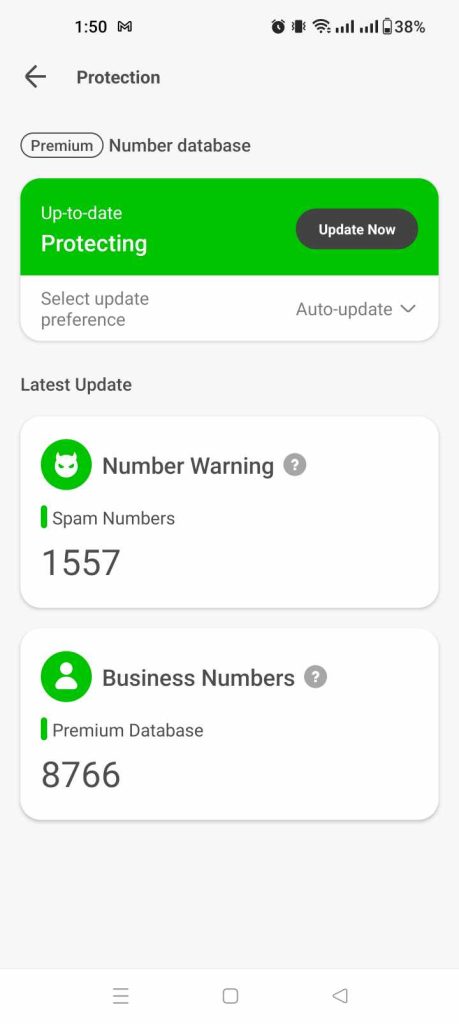
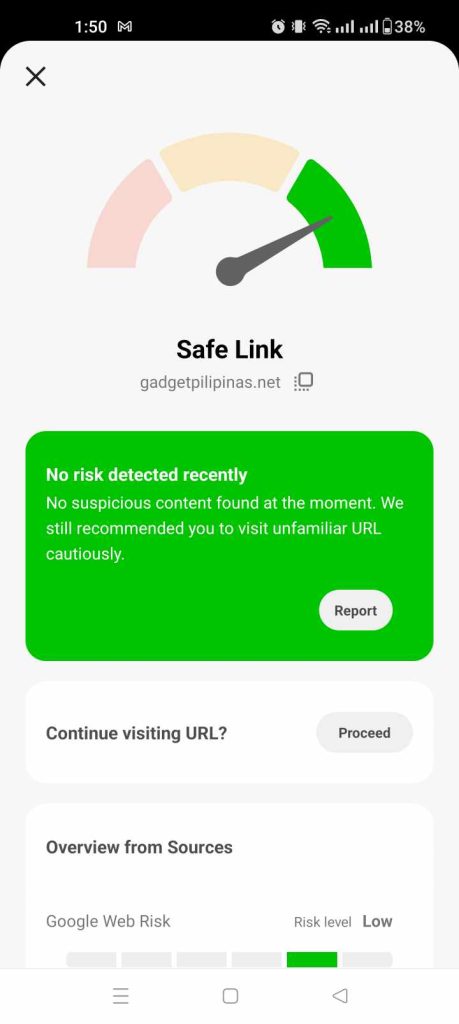
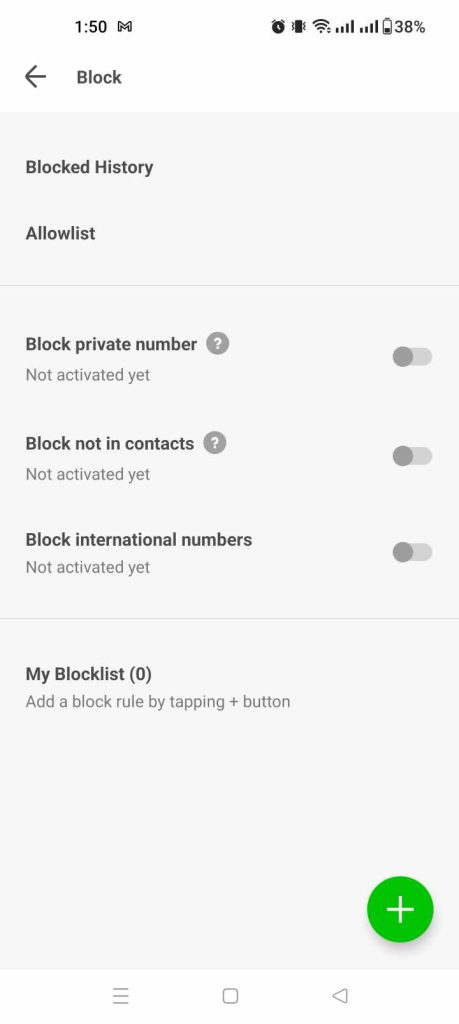
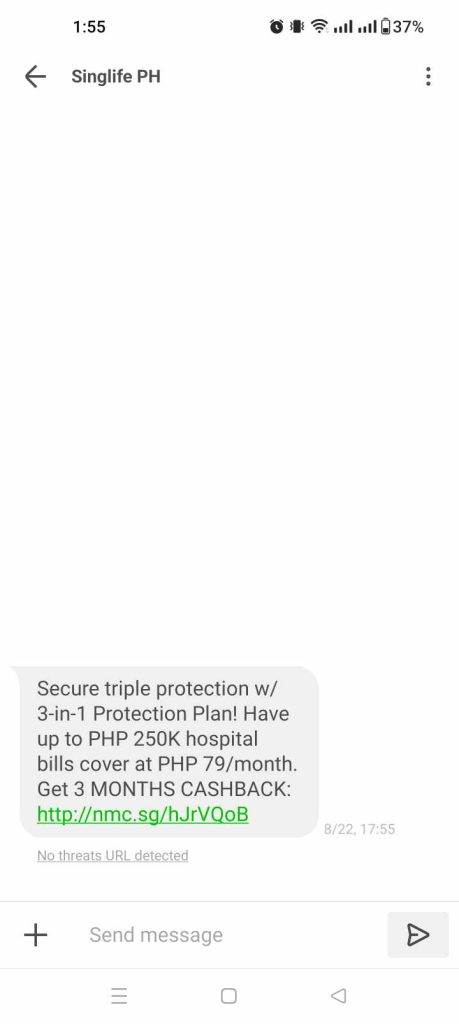
Whoscall is an app for finding out who’s calling and stopping spam calls. It allows for checking unknown numbers, blocks spam, and looks at suspicious links in messages to keep you safe.
The app’s anti-fraud tools help users decide whether to answer calls or not. Users can also report suspicious numbers, joining the fight against scams. Gogolook, the creator of Whoscall, saw that scams were hurting Filipinos, similar to other countries like Thailand, Malaysia, and Japan. This moved them to create a platform to protect Filipinos’ lives using Whoscall, as stated by Manwoo Joo, Gogolook’s Chief Operating Officer.
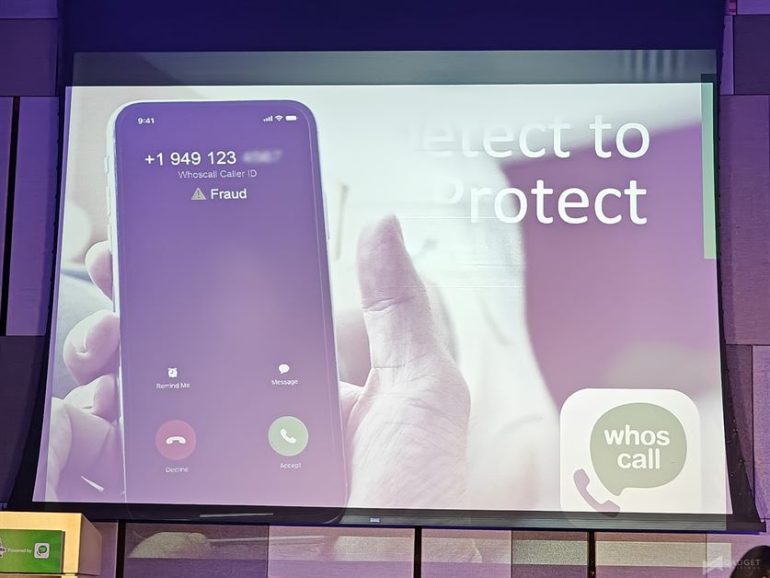
Whoscall is powered by advanced AI and data-driven technology. It has the biggest database in East and Southeast Asia, with over 2.6 billion entries. This helps it detect unknown callers, spam calls and texts, and dangerous URLs. It has won awards on app platforms, such as Best App on the App Store in 2015, and Best App and Best Innovation awards on Google Play in 2013 and 2016.
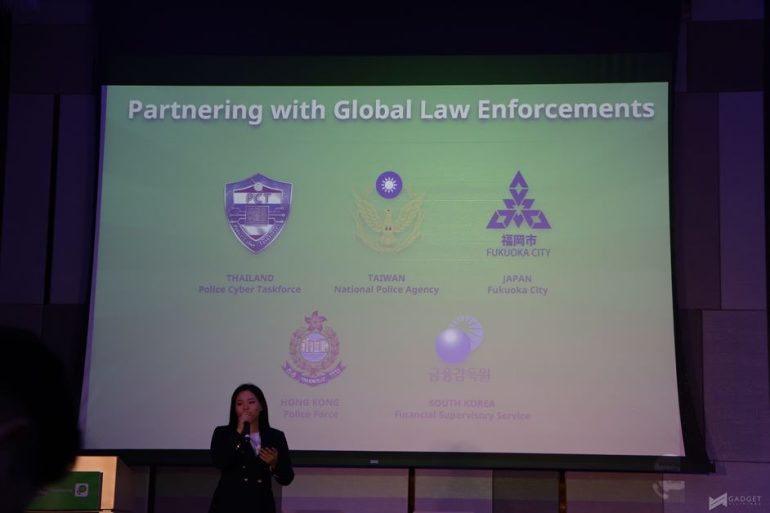
Whoscall partners with law enforcement agencies like Thailand’s Police Cyber Taskforce, Hong Kong Police Force, Malaysian Royal Police, as well as government and private sectors.
During the event, Whoscall invited a panel of cybersecurity experts, policymakers, and notable personalities with firsthand scam experiences including award-winning broadcast journalist Karen Davila, “Geeky Tech Dad” Gian Viterbo, and youth leader Aileen Montalbo.
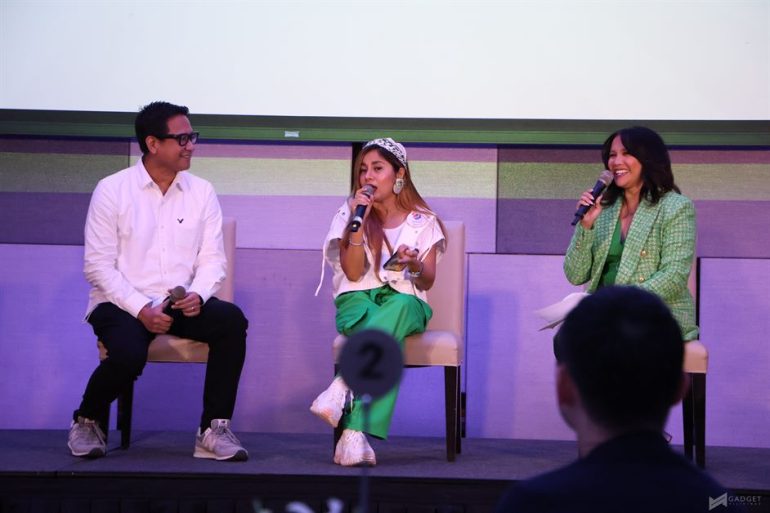
Gian, who knows a lot about tech, said, “Many OFWs lost money to scammers. Let’s not let this happen to others.” Aileen, on the other hand, used to be a leader in Batangas and now leads the Girl Scouts there. She’s also a youth leader and talks online. She said, “These scam texts and calls are more than just annoying. They mess up our lives and how safe we feel every day. Let’s find ways to make our country strong against scams.”

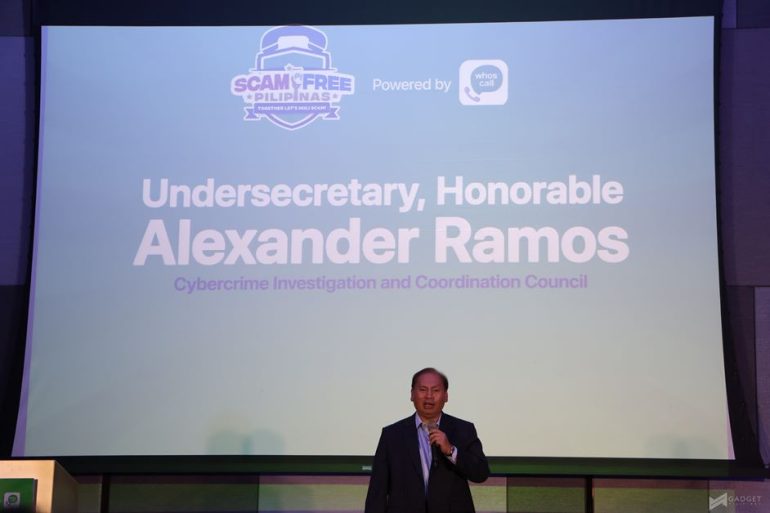
Undersecretary Alexander K. Ramos from the Cybercrime Investigation and Coordinating Center, and Colonel Joey Fontiveros, the Deputy Commander of the Army Signal Regiment in the Philippine military, shared that scams are getting more sophisticated these days. This highlights the importance of having something like Whoscall, which uses modern intelligence to protect us and is timely for our country.
“Whoscall has been available and is the leading caller ID and scam detection app in other Asian countries like Thailand and Taiwan, accumulating 100 million downloads worldwide. It has been rolling out in other Asian countries, as well, and we’re happy to finally provide this protective service to all Filipinos. We highly encourage everyone to install it on their phones and join the community to protect themselves and their loved ones from potential risks, fraud, and scams. It’s about time we all step up and unite for a Scam-Free Pilipinas!”
– Gabriel Barrios, Country Marketing Head for the Philippines
Whoscall is now available to download for free on the Google Play Store and the Apple App Store.
Source: Gadget Pilipinas
0 Comments